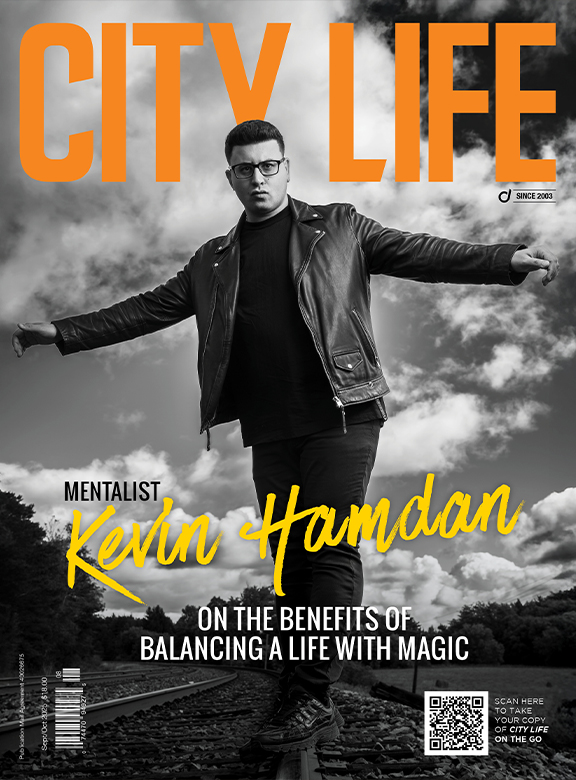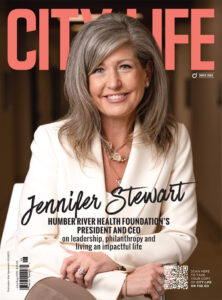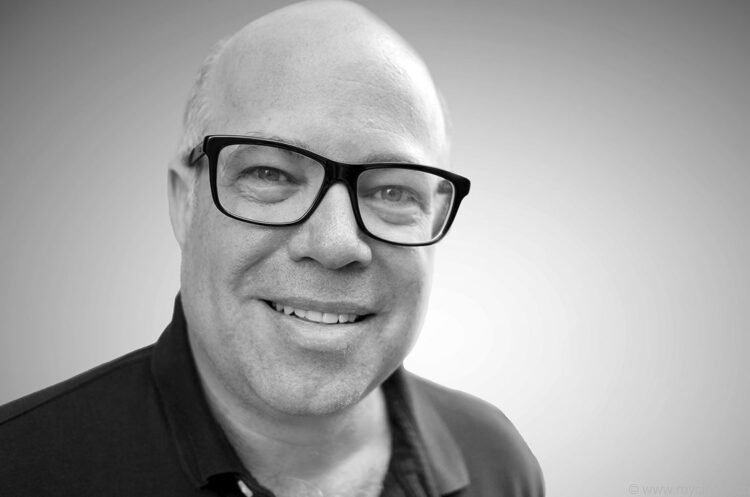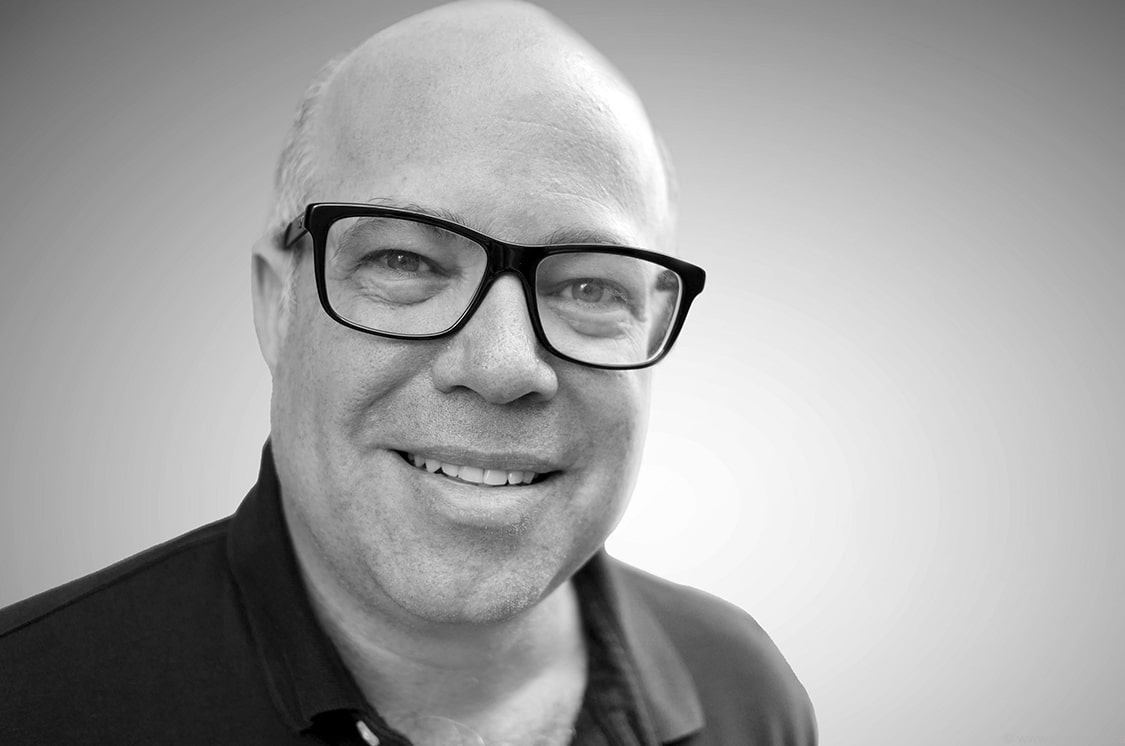Emotional Intelligence Through The Lens Of Joshua Freedman
Master Certified Coach Joshua Freedman explores the power of emotional intelligence in his new book, Feel It to Heal It.
People are suffering rising levels of stress in both their personal and professional lives. At the same time, there is a serious decline in strong and meaningful social connections today — ever wonder why? More than ever, we need to pay heed to our emotions and develop our emotional intelligence.
Joshua Freedman, master certified coach, CEO and co-founder of the non- profit Six Seconds, highlights the value of emotions and practicing emotional intelligence as a way to move forward in life. He describes his experience of working as an administrator and teacher at a school that put a strong focus on social and emotional development. To his surprise, students were much better at expressing their emotions than adults.
Freedman explains the reason for his organization’s name: “Emotions are messenger chemicals that regulate every living cell of the body. Chemicals last in the bloodstream for six seconds. One can imbibe a value in six seconds. Similarly, if one wants to change a certain feeling, that can also be done in those six seconds.” Those six seconds, therefore, become a time to reflect, learn and grow. The NGO, which operates in over 150 countries, has conducted mentorship sessions on emotional intelligence for many reputable organizations, including Amazon, TEDx, Microsoft, Qatar Airways and the U.S. Navy.
When collaborating with U.S. Navy officials, Freedman noticed that they addressed their emotions only indirectly, he tells City Life, and used what was almost a coded language to put across feelings. He applauds pop sensation Taylor Swift for owning her emotions and dealing gracefully with the recent frenzy around her AI-generated images.
“Swift possesses a phenomenal ability to identify feelings and make sense of things. Instead of reacting to the fake images haphazardly, she chose a non-attacking response. This is a win for emotional intelligence – think beyond the moment and utilize your influence towards a better future.”
Freedman notes that in a world that is becoming fake and superficial, Swift comes out as a real person. She is not trying to portray a rosy picture of life, he says. Her songs are about loss, heartbreak and still trying to find direction – even when stuck, she finds strength from her experiences, an incredible life lesson especially for women and young girls, he says. A friend who had been on a plane full of young Swift fans on their way to her L.A. concert had described the strong sense of community the young women shared to Freedman. One of Swift’s big achievements, he says, has been creating an exciting space for women to come together and form such connections.
According to the data Six Seconds obtained in a survey of people in 140 countries to determine whether men or women are better at maintaining emotional intelligence, Freedman says, women are recovering while EQ in men seems to be declining. Younger people, especially girls and non-binary individuals, also face adverse mental health conditions.
“The digital age is not inherently lovely,” he adds, but that concrete steps coupled with emotional awareness will take us a long way. Companies today have strong organizational hybrid/ remote structures. The best part is that we can always learn emotional intelligence skills to make a difference in both our personal and professional worlds. Emotional intelligence affects every facet of an individual’s life. Emotions have both an inner and outward-facing social function that helps us build valuable friendships, teams and relationships.
Asked about the best piece of advice he has ever received, Freedman says “Give yourself space to feel. Then, if you need help, take it and move forward. Feel it to heal it. There’s a tendency in today’s time to rush things – ‘Go fast,’ ‘do it, do it’ – but it is important to take a moment to feel and then move ahead.” A lesson that he learned the hard way, and is crucial for the world, he says, is that taking care of ourselves is among the major goals we must have in life.
INTERVIEW BY MARC CASTALDO
















































































